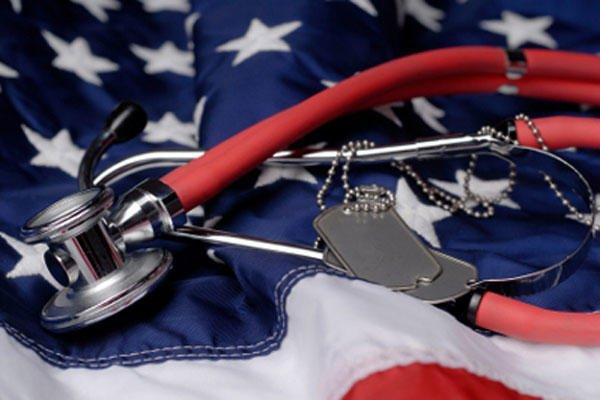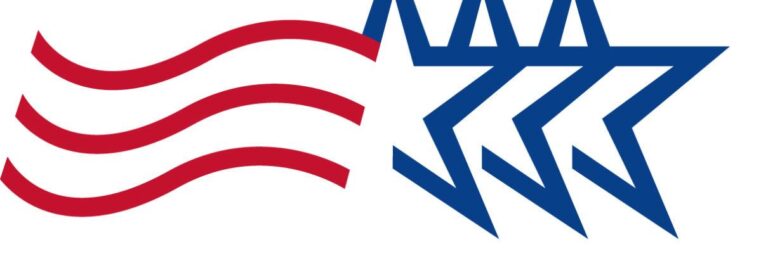
TRICARE Q&A: Getting Care With Active Duty Dental Program
Providing active duty service members with essential answers about accessing dental care through the Active Duty Dental Program.
Introduction
Maintaining strong oral health is crucial for active duty service members who rely on their physical readiness to perform critical missions. The Active Duty Dental Program (ADDP), managed by Health.mil, offers vital dental care coverage specifically tailored for active-duty personnel. This article answers frequently asked questions about how to access dental care through the ADDP, what benefits are included, and practical tips to maximize your coverage and maintain your smile.
What Is the Active Duty Dental Program (ADDP)?
The Active Duty Dental Program is a comprehensive dental care program designed exclusively for all active duty members of the U.S. Armed Forces. Unlike the TRICARE Dental Program available for family members and retirees, the ADDP ensures active duty members receive prompt and effective dental services crucial to maintaining deployable readiness levels.
- Covers routine preventive care such as cleanings and exams
- Includes restorative treatments like fillings and crowns
- Focuses on emergency dental care to maintain mission readiness
- Administered by each branch’s dental command and supported by Health.mil resources
Frequently Asked Questions (Q&A)
1. Who is eligible for the Active Duty Dental Program?
All active duty service members in the Army, Navy, Air Force, Marine Corps, and Coast Guard are eligible for the ADDP. Reservists on active duty orders may also qualify, depending on their orders and status.
2. How do I access dental care through ADDP?
Dental care is usually provided at your local military dental treatment facility (DTF). You can visit the DTF to schedule appointments for preventive, diagnostic, or emergency dental treatments. If no DTF is available near you, your command dental officer can help coordinate care via civilian providers when necessary.
3. What types of dental services are covered?
The ADDP covers a broad range of dental services, including but not limited to:
- Routine cleanings and oral exams
- X-rays and diagnostics
- Fillings and restorations
- Root canal therapy
- Oral surgery and extractions
- Periodontal care
- Emergency dental treatment
4. Are there any costs or copayments?
Active duty service members receive dental care through the ADDP at no out-of-pocket cost when using military dental facilities. In cases where off-base care is authorized, the associated costs are usually covered by the military; however, members should consult their dental command or TRICARE regional office for specifics related to authorized civilian care.
5. How to handle dental emergencies while deployed or traveling?
In deployment or remote locations, the ADDP prioritizes emergency dental care to ensure operational readiness. If immediate care is not available, service members should contact their unit medical/dental officer for guidance and potential referral to local civilian providers with coordination through TRICARE or their service branch.
Benefits of the Active Duty Dental Program
The ADDP offers several benefits tailored to the unique needs of active duty personnel:
- Cost-free care: Eliminate worries about dental bills that can impact your finances.
- Priority appointments: Access timely care to address issues before they affect readiness.
- Comprehensive coverage: Preventive, restorative, and emergency dental care all covered.
- Improved readiness: Maintain dental health essential for military duties and deployments.
- Nationwide network: Support available both on bases and coordinated off-base where military facilities are limited.
Practical Tips for Using the Active Duty Dental Program
- Schedule regular dental exams: Prevention is key to avoiding larger dental issues that can disrupt mission readiness.
- Know your local dental facility: Identify the nearest military dental treatment facility early in your service or upon PCS.
- Carry dental records: Keep copies of your dental history and recent X-rays handy when relocating or deploying.
- Communicate with your command dental officer: They can assist with referrals, emergencies, and navigating civilian dental care options.
- Report dental problems early: Timely care helps prevent dental emergencies and last-minute disruptions.
Case Study: Active Duty Dental Program in Action
Sergeant James, stationed at Fort Bragg, recently experienced intense tooth pain two weeks before deployment. Thanks to the ADDP, he quickly accessed emergency dental care at the on-base dental clinic at zero cost. The treatment prevented his pain from worsening, allowing him to deploy on schedule, fully mission capable and pain-free.
Comparison Table: ADDP vs. TRICARE Dental Program for Families
| Feature | Active Duty Dental Program (ADDP) | TRICARE Dental Program for Families |
|---|---|---|
| Eligibility | All active duty service members | Family members and retirees |
| Cost | Free at military facilities | Monthly premiums, deductibles, and copayments apply |
| Dental Provider Network | Military dental clinics, limited off-base authorized care | Extensive civilian provider network through Delta Dental |
| Type of Coverage | Preventive, restorative, emergency | Preventive, basic, major dental care |
Conclusion
The Active Duty Dental Program remains a cornerstone of the military health system, ensuring that active duty members receive the dental care necessary to maintain operational readiness and long-term oral health. By understanding how to access care, what benefits are available, and adopting preventive habits, service members can optimize their use of the ADDP and stay mission ready. For the latest updates and detailed information, always visit Health.mil or contact your branch’s dental command directly.


